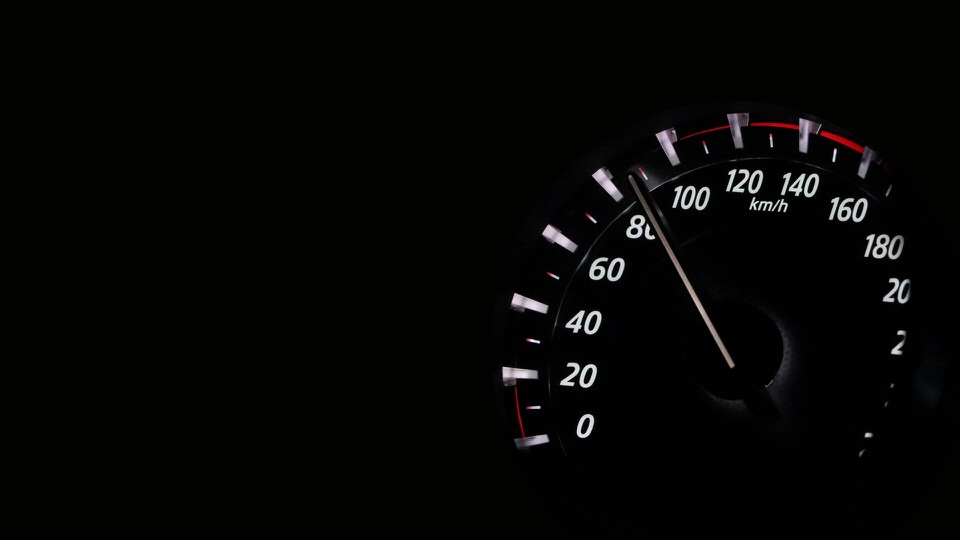
For years, as a niche website owner, I’ve been obsessing with how fast my websites load.
Many SEO ‘experts’ say that if we want our websites to rank high on Google, we should put a great effort into ensuring that our websites load VERY fast.
Lots of services, web hosts, plugins, themes, and many more are now designed with speed in mind. Surely speed is REALLY important, don’t you think?
After all, Google officially says that mobile speed is one part of their core algorithm.
And these SEO gurus will give you statistics on the correlation between loading time and rankings/conversion/revenue. And yes, I partially agree with them.
But if we take a look at the big picture, turns out it’s not as simple as it looks. Why?
Here’s why.
1. Most websites will be likely fast enough.
I’m using Bluehost right now, without any CDN like Cloudflare or whatsoever.
And my websites load just fine.
Sure, it’s not blazing fast that the pages load instantly right after you click it. But most users can’t tell the difference between loading in 300 ms and 1.5 seconds.
It’s usually the web developers/SEO guys that are obsessed with speed, and they’re a minority!
2. Google uses a slow connection for their PageSpeed Insights tool.
Do you know about this? I bet most people who use PageSpeed Insights regularly don’t even know about this.
Google will use a throttled speed for their mobile test version of the PageSpeed Insights.
Sometimes it will use a slow 3G speed, sometimes it will be a slow 4G speed. Basically, the tool will use a slower speed to make sure your website loads fast even in a place where the connection speed is slow (like developing countries, for example).
But the thing is, my websites’ target visitors are mostly from developed countries like the US and Europe where the connection speed is very fast, so there’s no need to test it using a slow speed.
And when I test all of my websites using my internet connection (~25 Mbps), all of them load just fine and although not blazing fast, I have no complaints whatsoever.
And the average speed of developed countries is >50 Mbps, so it’s obvious that a standard WordPress blog hosted at Bluehost without any speed plugins or CDN will suffice.
3. You will sacrifice a lot of stuff from your website.
In general, there are two main ways to improve website speed that will significantly move the needle:
- Host the website (or some elements of it) from a faster hosting/server(s).
- Remove some stuff from the website so it’ll be lighter and quicker to load.
I have no objection regarding the first way since it’s obviously better to host your website from a faster, closer server than from a mediocre or slow server that is located far away.
Usually, we do this by moving to a premium hosting or using CDN, pretty simple, right?
But regarding the second way, there’s a limit to removing some elements from your website that will not impact the user experience.
Sure, you can remove some unnecessary images, compress them, or resize them. You can also minify some files like CSS and JS. Removing unused plugins and website elements like widgets also works.
But what if you need all those things? What’s the point of making your website empty and ugly just for the sake of tripling the website speed?
Again, the sacrifice you make will not be worth the faster speed.
It’s not like if you make your website load 5 times faster then you’ll get 5 times more traffic, isn’t it?
4. The most common methods to speed up a website are usually enough.
Here are the most popular (and simple) ways to speed up your WordPress site:
- Move to a faster hosting
- Compress and resize images
- Use CDN
- Use a speed/caching plugin
That’s it.
And if even you only do a few of them, it’s enough to make your website significantly faster.
There’s no need to do more advanced stuff like using a super light customized theme or even do some wizardry stuff with the CDN configuration or even use some shits you probably won’t understand in your cloud hosting.
Trust me, for most niche website owners, these things will waste your time, money, and energy. Focus on content, people!
5. Even big brands and popular websites don’t pass the score.
Take a look at the most popular websites in any niche, you will see that most of them will not get the green score at Google PageSpeed Insights tool.
One of the big reasons is they have ads splattered all over their websites. And they use many plugins and other fancy stuff too.
And you can see that they rank well on the search engine, that they get a lot of traffic easily.
Why? Because they know what people want, which is relevant content that will satisfy their audience. And their audience doesn’t care whether the page loads in 300 ms or 1.5 seconds. As long as the load speed is bearable, they won’t care.
So, after reading my reasons, you should know that most bloggers/niche website owners/digital marketers shouldn’t be obsessed and crazy about website speed.
There is a point of diminishing returns on many things, including this one.